“Be yourself and don’t be afraid to defend humanity”
We had arranged to meet Tania Palaiologou in the cafeteria of the Theatre at Kefallinia Street. She is the actress who plays the role of the investigative journalist and activist Anna Politkovskaya in the play “Intractable Woman”.
Anna Politkovskaya symbolises the struggle for freedom of speech and is well known for the heavy criticism of the Kremlin during the Chechen war. She was also an expert in matters of corruption and the infringement of human rights. She dedicated her entire life to journalism. Nothing was more important to her than reporting events to her readers. “Events as they happen, as they really are.”
Tania arrived at the theatre one hour before the performance. We introduced ourselves and she asked us to follow her to her dressing-room where she puts on her make up and gets ready. It was a small room but full of emotions. A room that has been home to hundreds of different characters.
We sat in front of the mirror that lined one of the walls and Tania introduced us to the director – and fellow lead actor – of the play Michalis Koilakos.
The interview began with some information about the production. Tania told us about the playwright Stefano Massini. The play is about Anna, a journalist born in New York of Russian parents working as diplomats at the UN. It was written in 2007, exactly one year after the assassination of Anna who was working as a correspondent and negotiator in the Chechen war. On board a flight to Beslan in 2004, she was the victim of a poisoning attempt. She suspected that someone was trying to stop her playing a part in the negotiations.
In September 2004, Tania became drawn to all these events as an actress. She began to track Anna’s work, because she found it fascinating that one woman should chose to take part in researching a brutal and vicious war between big interests. Two years later, in 2016, Anna Politkovskaya was assassinated on the day of Putin’s birthday. From then on Tania intensified her research and continues to do so in order to play her role better on stage.
What is interesting is that Tania spent seven years gathering information with the aim of giving it to an author to write a stage play. As soon as she had enough material she got in touch with the author who told her that he had just come across a play about Anna, written by an Italian playwright and translated into French.
I suddenly realised that, even after they are dead, some people’s deeds are so worthy and significant that they can bring individuals together from different parts of the globe. Following rehearsals and exercises, the play premiered in September 2014 at the TV Control Centre in Kipseli. It ran till March 2015, when Tania was four months pregnant.
I asked her whether she had discovered anything negative about Anna’s life during her research. She smiled, and answered that she had tried hard to but that Anna “was a very upright person. Despite the threats she received, she was very stubborn and never stopped her investigation. This proved to be fatal and certainly affected all those around her.”
It is obvious that when you look into someone’s life, what you find might influence you and make you change your own personal life and your behaviour. I can feel the warmth in Tania’s voice as she repeated: “If only it had. I would really like to be like her. I would love to have even a tiny fraction of her strength, her courage and the feeling of responsibility that she had for her own children, while fighting for basic human rights.” This is what Tania would like to guide her in her own life: Anna’s idea that defending human rights is non-negotiable.
We finally arrived at the question that I had been thinking about before I met her “If we were talking about the life of a man, rather than Anna’s, would you have been just as affected?” Tania replied that her choice had nothing to do with gender. Her answer led me to put my question in a different way. I asked her if she chose the script because Anna was a woman. “It certainly has to do with the fact that she was a woman,” she replied, “and I was certainly able to relate to her. I couldn’t see how she could fit into that cruel and violent setting, which is much more of a man’s world.”
I also looked for parallels in the lives of the two women. “During my research, and knowing myself very well, I saw characteristics that I would really have liked to have had. Although I am interested in politics and in human rights, I have not been able to reach her level of education”, she replied.
I asked about Anna’s aims, what was it that she wanted to achieve by revealing the events of the war. “In the first instance, she wanted to give a face to the statistics, to convert the statistics into human stories. She also tried to show that mistakes were made on both sides, that this war was an unjust one that had to stop, because the only ones paying for it were the people.”
On reading the script I came across a section where the words “blood” and “snow” are repeated. I wanted to learn more about that scene before seeing the production. Tania told me that this was one of the toughest scenes in the play, but also one of the most poetic. It shows Anna witnessing an explosion in the centre of Grozny, a true event. In that moment, when the world turns upside down, Anna’s brain stops and logic is overturned.
Finally, I asked her in which scene of the play does she identify most with Anna. “It is a moment towards the end, when I feel that all fears and inhibitions have left me, even my desire to be Anna. I become me, Tania, and I feel that the words I am speaking are my own. This has certainly to do with my own personal experiences, but at that moment I really feel that I am going through what Anna went through. She was a woman who was worn out by fighting for things she felt were obvious.”
As I mentioned at the start, I interviewed Tania and learnt about Anna before seeing the play, but it was by watching her on stage that I really understood how the actress had worked with the journalist. I could sense Tania’s tiredness alongside Anna’s during the war scene. I felt Anna’s exhaustion through Tania’s eyes, something that was also conveyed to the audience.
For my final question, I asked her what was the most important lesson she learnt from Anna’s life. “Be yourself and don’t be afraid to defend humanity”, was the reply.
We would like to thank Tania Palaiologou for the interview and for her superb acting, as well as Michalis Koilakos, director and actor who played a variety of roles in the play.
Photos by Ioanna Katsoulaki & Georgio Voutsinas

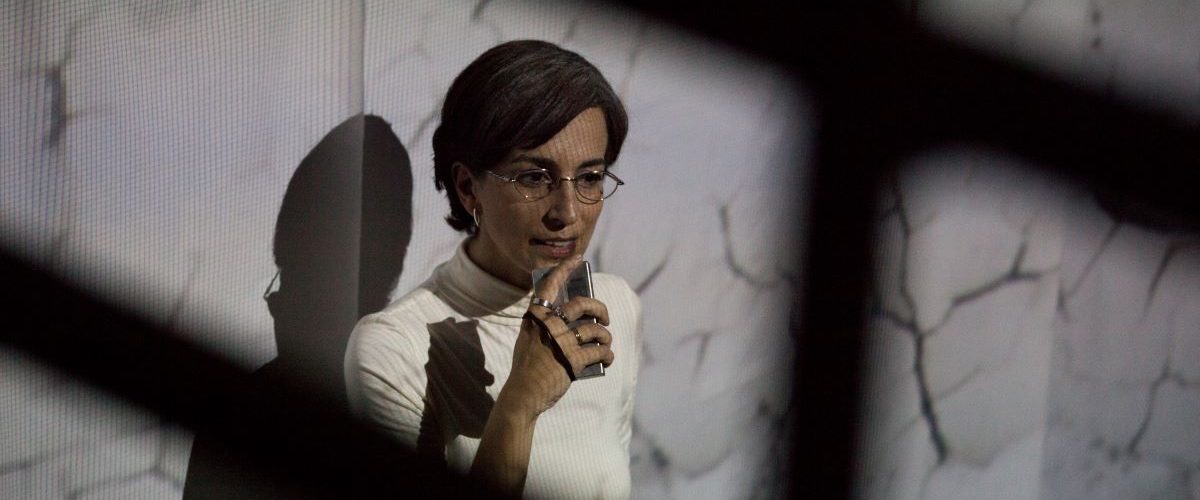
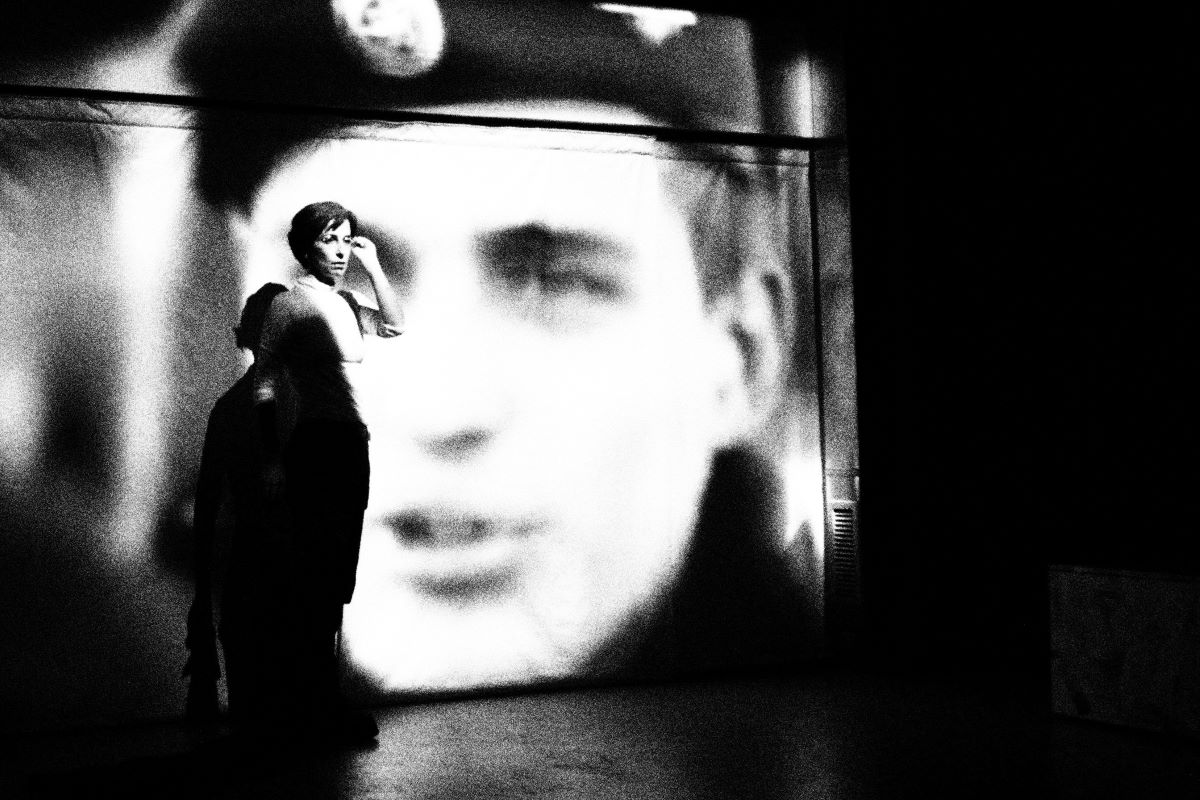
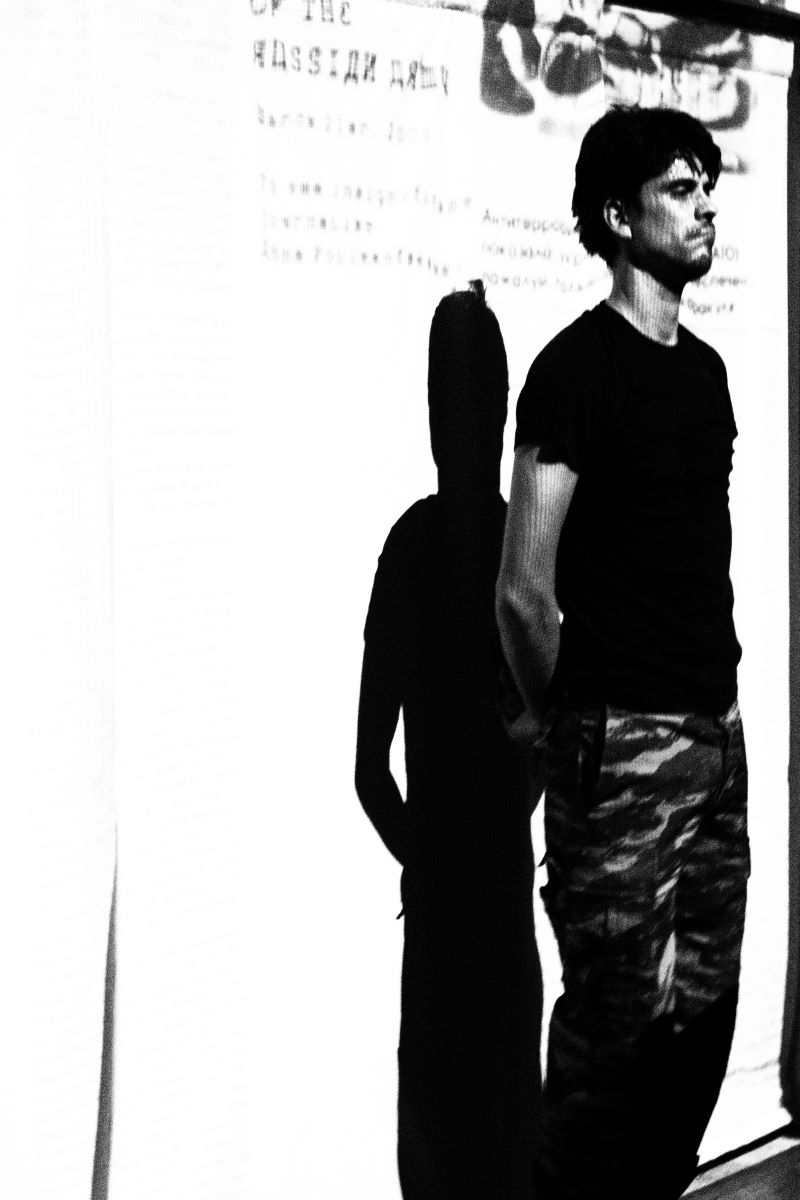
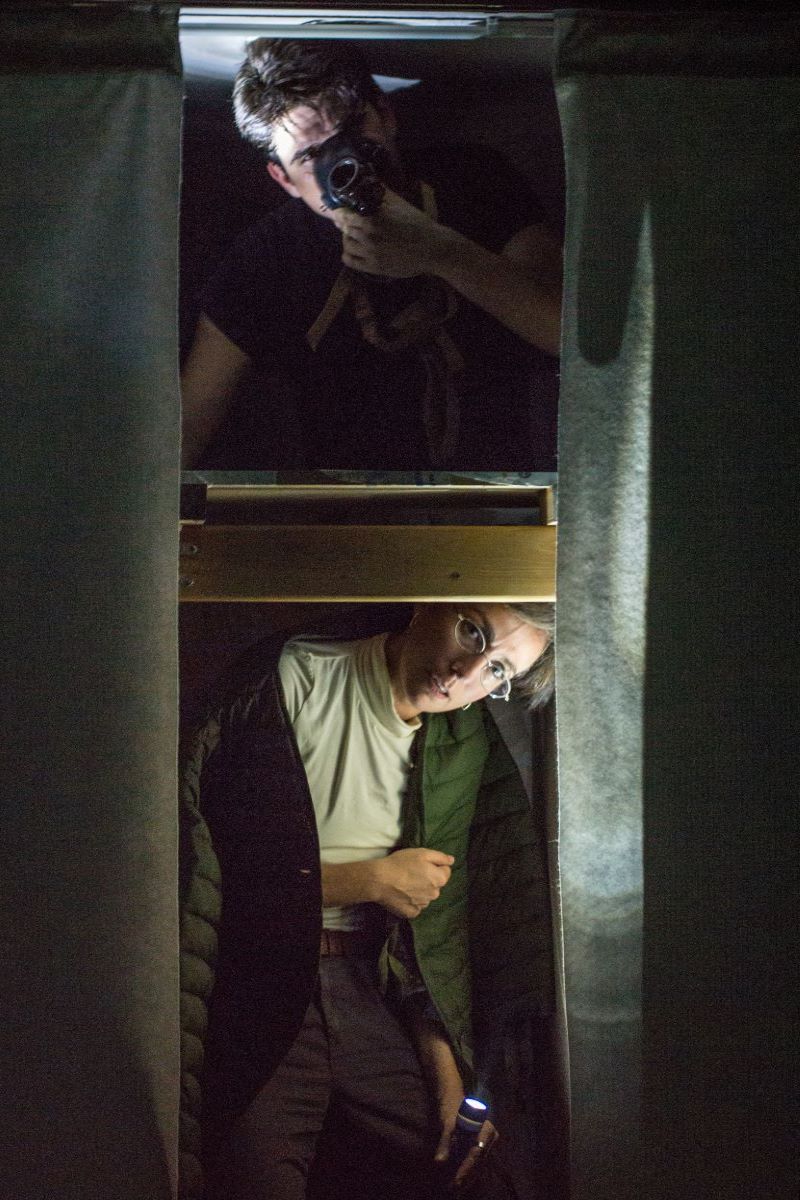
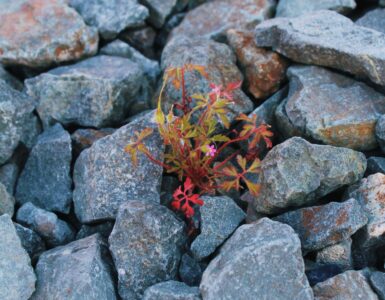
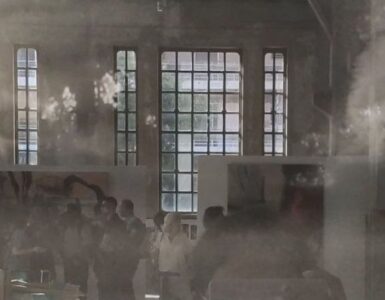
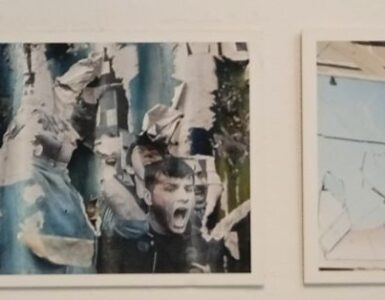




Add comment